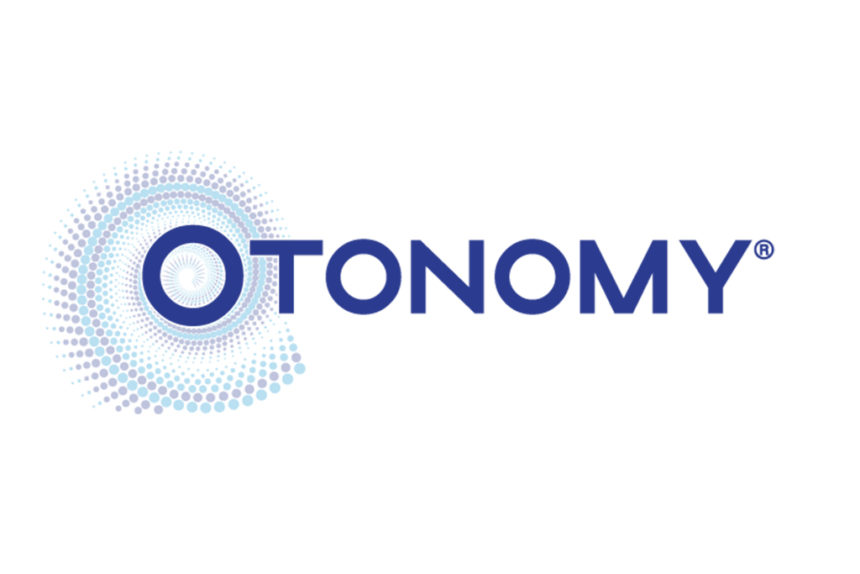Otonomy, the hearing loss biotech, announced that it would lay off its entire workforce and begin the liquidation process Monday afternoon.
The layoffs are effective as of December 15 and apply to all officers, though Otonomy stated that CEO David A. Weber, Ph.D. will continue to serve on the board of directors while Paul E. Cayer will serve as president while continuing his duties as chief financial and business officer.
The company is expected to incur $5 million in aggregate charges during Q4 2022 for severance and other employee termination-related costs.
Last week, Otonomy’s board of directors approved the liquidation and dissolution of the company, subject to stockholder approval. The company will hold a special meeting of stockholders in Q1 2023 to approve the dissolution plan, which lays out its intention to file a certificate of dissolution, delist its shares of common stock and satisfy or resolve its remaining liabilities and obligations.
Additionally, any proceeds from the potential sale of its pipeline assets would be distributed to stockholders, according to a company press release.
The wind-down process came four months after Otonomy’s OTO-313 demonstrated “no clinically meaningful benefit” compared to the placebo in a Phase 2 trial for tinnitus. The company subsequently pivoted to focus on OTO-413, which delivered positive Phase 2a results in April 2022.
Hearing loss is a competitive clinical space that has attracted significant attention from pharma companies in recent months. Eli Lilly doubled down on its efforts in this area with its $487 million acquisition of precision medicine company Akouos in October.
Otonomy is also yet another example of pharma and biotech companies conducting layoffs amid an increasingly tight economic environment.
TherapeuticsMD announced on December 9 that it would slash its entire workforce of 212 people. This came one week after announcing it would be licensing its hormone therapy and contraceptive products to Mayne Pharma for $153 million.
On December 6, MEI Pharma halted the development of its PI3K inhibitor, zandelisib, after the Food and Drug Administration asked the company for a new clinical trial as a result of safety concerns and subsequently laid off 30% of its workforce.








